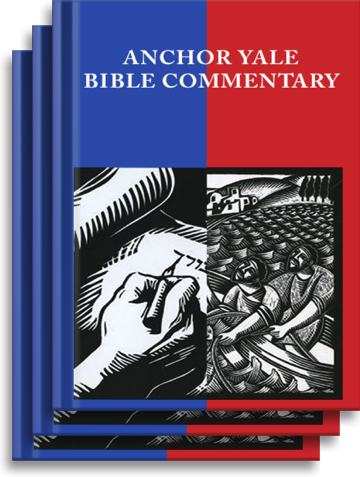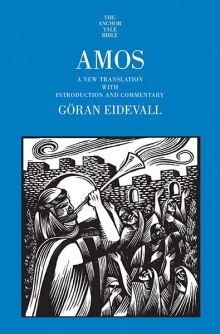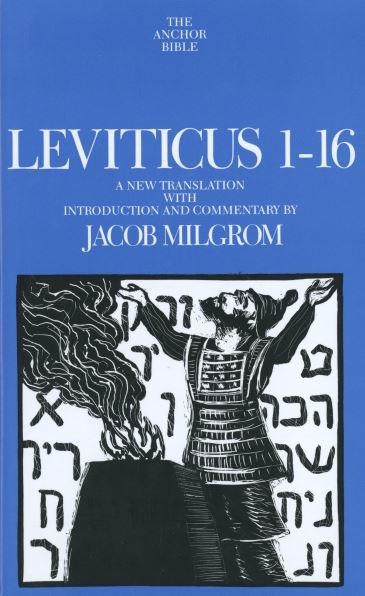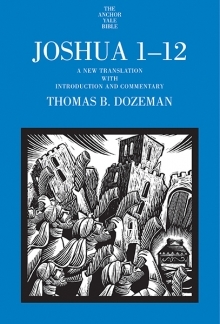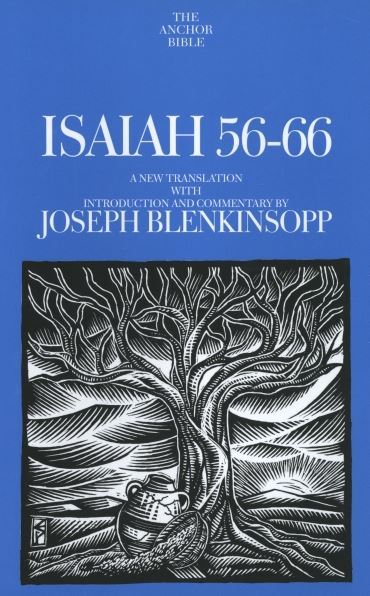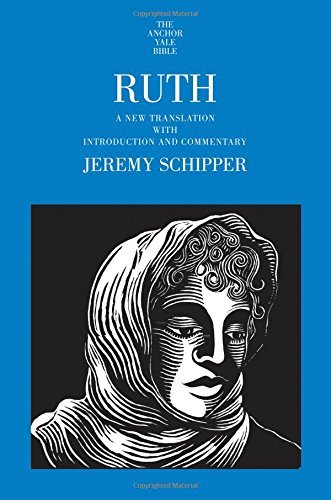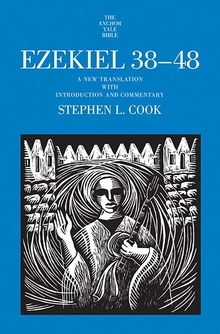



This volume completes Bible scholar Michael V. Fox’s comprehensive commentary on the book of Proverbs. As in his previous volume on the early chapters of Proverbs, the author here translates and explains in accessible language the meaning and literary qualities of the sayings and poems that comprise the final chapters. He gives special attention to comparable sayings in other wisdom books, particularly from Egypt, and makes extensive use of medieval Hebrew commentaries, which have received scant attention in previous Proverb commentaries. In separate sections set in smaller type, the author addresses technical issues of text and language for interested scholars.
The author’s essays at the end of the commentary view the book of Proverbs in its entirety and investigate its ideas of wisdom, ethics, revelation, and knowledge. Out of Proverbs’ great variety of sayings from different times, Fox shows, there emerges a unified vision of life, its obligations, and its potentials.
Michael V. Fox is Halls-Bascom Professor of Hebrew, University of Wisconsin, Madison. His previous books include Proverbs 1–9, available from Yale University Press. He lives in Madison.
THE ANCHOR YALE BIBLE COMMENTARY SERIES is a project of international and interfaith scope in which Protestant, Catholic, and Jewish scholars from many countries contribute individual volumes. The project is not sponsored by any ecclesiastical organization and is not intended to reflect any particular theological doctrine.
The Anchor Yale Bible is committed to producing commentaries in the tradition established half a century ago by the founders of the series, William Foxwell Albright and David Noel Freedman. It aims to present the best contemporary scholarship in a way that is accessible not only to scholars but also to the educated nonspecialist. Its approach is grounded in exact translation of the ancient languages and an appreciation of the historical and cultural context in which the biblical books were written supplemented by insights from modern methods, such as sociological and literary criticism.
